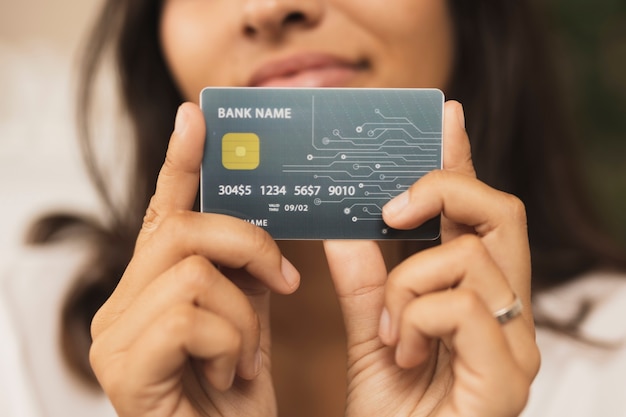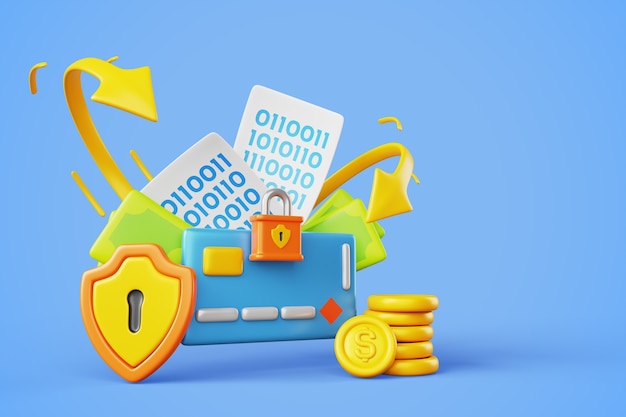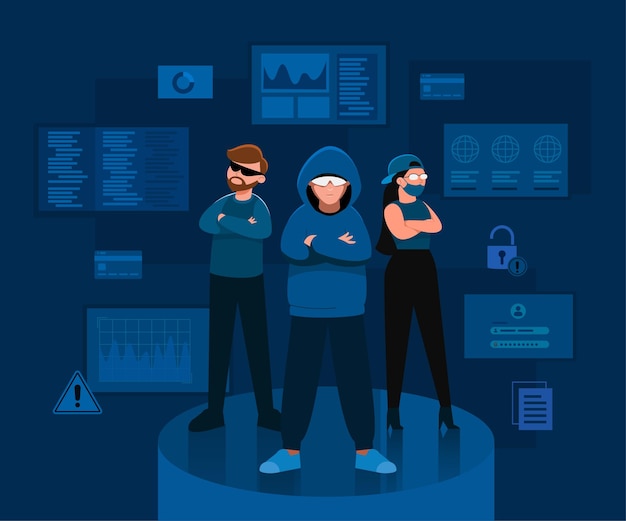
The question of whether to adopt the usage of credit cards in personal finance is still a hot topic among financial experts. Having a credit card might appear to make shopping seamless, but this small piece of plastic can have serious financial implications if mismanaged. Proper usage of your credit card is the secret to avoiding debt and safeguarding your credit rating. There’s a profusion of typical credit card errors to watch out for and dodge.
According to a WalletHub survey on credit card debt, U.S consumers are reverting to poor habits concerning their credit card debt. This followed an unprecedented downtrend in 2020 which continued into the first quarter of 2021. In the third quarter of 2021, consumers racked up an additional $23.6 billion in credit card debt. This trends upward from a $44.9 billion increase in the second quarter. Moreover, walletHub estimates that by the end of the year, consumers will accrue an extra $70 billion, significantly above the ten-year average of $45.6 billion.
By grasping how credit cards function, you can take advantage of benefits and avert potential pitfalls. Here are 8 familiar credit card mistakes to sidestep:
1. DELAYING BILL PAYMENTS
Delayed payment could lead to several problems. Late fees, increased interest rates, and a negative impact on your credit score are a few potential consequences. Avoid this error by setting payment reminders or activating autopay a week before the billing cycle ends.
2. PAYING ONLY THE MINIMUM MONTHLY AMOUNT DUE
Allocating only the minimum monthly payment on your credit card can result in an increased interest rate, causing you to ultimately spend more than the item initially cost. Making larger monthly payments can help you settle the balance faster and save money.
3. REACHING YOUR CREDIT LIMIT
Approaching or hitting your credit limit is a risky move. It could result in high utilization rates, which can harm your credit score. It could also result in over-the-limit fees and penalty charges when you exceed your credit limit.
4. NOT EXAMINING YOUR BILLING STATEMENT
Neglecting to review your billing statement could lead to missed due dates and insufficient payments. Always check your billing statement to ensure all transactions are accurate and payments have been properly applied.
5. TAKING OUT A CASH ADVANCE
Cash advances are typically one of the costliest credit card transactions. Avoid the high fees and immediate interest accrual involved by repaying the cash advance as soon as possible or avoiding it altogether if you can.
6. NOT UNDERSTANDING YOUR APR AND ASSOCIATED CHARGES
Credit card companies provide terms and conditions at the time of application and upon issuance of the card. Always thoroughly review these terms to fully understand all the associated charges.
7. APPLYING FOR TOO MANY CARDS CONCURRENTLY
Frequently applying for credit cards reduces your credit score and raises suspicion among lenders. It’s best to apply for one card at a time, on an as-needed basis.
8. CLOSING YOUR CREDIT CARD
Closing a credit card, especially your oldest one, is generally ill-advised. Although there may be instances where it’s justified, doing so typically results in a lower credit score.
To conclude, these mistakes have been common among many over the years. However, you can avoid them by being more cognizant of how you use your credit cards and judiciously evaluating the pros and cons before acquiring a credit card. You don’t need to know everything, but being aware of responsible credit card usage is crucial. Have you ever made any of these credit card mistakes before?


